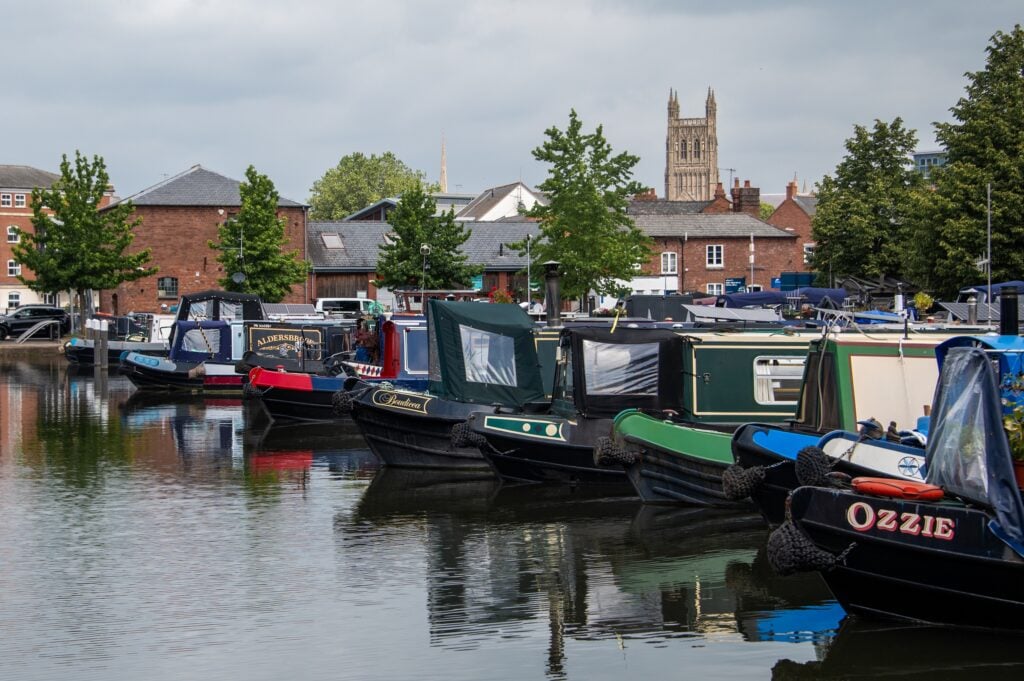During the national Fire Kills Campaign’s Boat Fire Safety Week, Hereford & Worcester Fire and Rescue Service are stressing the vital message to boaters – It’s time for all boats to have suitable smoke and carbon monoxide (CO) alarms.
Timed for the start of the boating season, the heart of the message is that all crew members should understand the risks and follow the published advice from the Boat Safety Scheme in its leaflets and on its website.
Despite all efforts, should fire break out or a CO escape occur, the critical survival factor will be the presence of suitable working smoke and CO alarms. The Scheme publishes lists of suitable alarms on its website and has advice from the manufacturers on the best places to fix the devices.
Alarms should be tested using the test button routinely and the batteries replaced as necessary and never removed.
“Carbon monoxide detectors are essential equipment on boats and required under the Boat Safety Scheme,” said Station Commander John Elsworth of the HWFRS Prevention department.
“Please test your carbon monoxide detector regularly.”
By following some simple advice, you can ensure your boating activities are a safe and enjoyable event:
- Make sure you know your boat and make a fire action plan with everyone in the boat.
- Fit a smoke alarm that meets British Standard BS5446 Part 1 and carries an approval mark such as ‘kitemark’.
- Fit a gas and petrol vapour detector alarm in the bilge and even in the cabin space to give you early warnings of dangerous build-ups of explosive gases.
- Check all appliances are turned off and, if possible, close the valve on the LPG cylinders before you go to bed or leave the boat.
- Never leave a burning candle unattended. Make sure they are put out safely.
- Keep candles, matches, lighters and other sources of flame out of reach of children.
- Make sure cigarettes are put out safely – use metal ashtrays. Avoid falling asleep with a lit cigarette – never smoke in bed.
- Never leave a hot hob unattended especially when cooking with oil or fat.
- Don’t fit curtains or fabrics over hob burners and don’t dry tea towels or clothes over a cooker or hob.
To find out more about safety on board, visit Boat Safety | Hereford & Worcester Fire and Rescue Service (hwfire.org.uk) or for further information about general boat fire and CO safety, visit www.boatsafetyscheme.org/stay-safe
